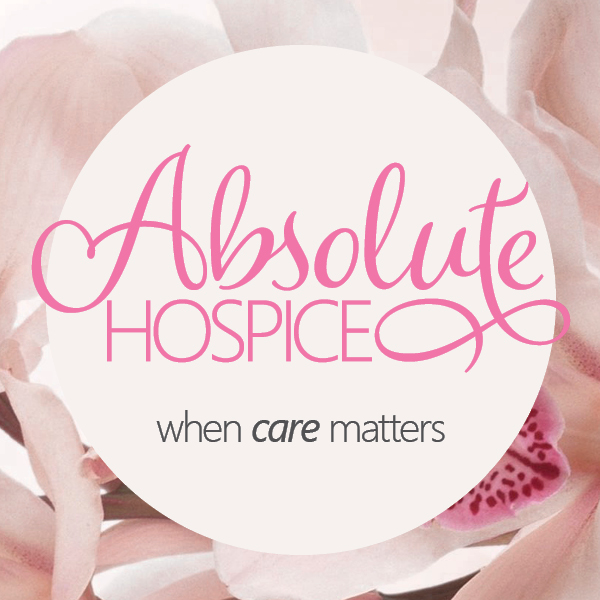The Common Myths of Hospice
The Most Common Myths About Hospice Care
Myth #1: Hospice is a place. False!
Fact: Hospice is a set of services provided wherever the need exists — usually the patient’s home. About 70 percent of hospice care takes place where the patient lives.
Myth # 2: Hospice is only for people with cancer. False!
Fact: Hospice is for patients with any, or multiple, terminal conditions. More than one-half of hospice patients nation-wide have diagnoses other than cancer. Medicare hospices primarily serve families coping with the end-stages of chronic diseases, like emphysema, Alzheimer’s, cardiovascular, and neuromuscular diseases. In urban areas, hospices serve a large number of HIV/AIDS patients.
Myth #3: Hospice is only for old people. False!
Fact: Although the majority of hospice patients are older, hospices serve patients of all ages. Many hospices offer clinical staff with expertise in pediatric hospice care. Almost 20% of hospice patients are under 65 years of age.
Myth #4: Hospice is only for dying people. False!
Fact: Hospice chaplain and social services can be utilized for family members involved with patient care and visitation. As a family-centered concept of care, hospices may focus nearly as much attention on the grieving family as on the dying patient. Most hospices make their grief services available to the community at large, serving schools, churches, and the workplace.
Myth #5: Hospice can only help when family members are available to provide care. False!
Fact: Recognizing that terminally ill people may live alone, or with family members unable to provide care, many hospices coordinate community resources to make home care possible. Or they help to find an alternative location where the patient can safely receive care.
Myth #6: Hospice is for people who don’t need a high level of care. False!
Fact: Hospice is serious medicine. Most hospices are Medicare-certified, requiring that they employ experienced medical and nursing personnel with skills in symptom control. Hospices offer state-of-the-art care to prevent or alleviate distressing symptoms.
Myth #7: Hospice is only for people who can accept death. False!
Fact: While those affected by terminal illness struggle to come to terms with death, hospices gently help them find their way at their own speed. Many hospices welcome inquiries from families who are unsure about their needs and preferences. Hospice staff are readily available to discuss all options and to facilitate family decisions. Chaplains are available for regular services, or for religious or philosophical discussion. Chaplains will not attempt to convert anyone to any belief or denomination.
Myth #8: Hospice care is expensive. False!
Fact: Most people who use hospice are over 65 and are entitled to the Medicare Hospice Benefit. This benefit covers all prescribed hospice services and requires no out-of-pocket costs. You will not be billed, be required to pay, and later be reimbursed. The services are covered entirely by the hospice agency. This means that there are no financial burdens incurred by the family, in sharp contrast to the huge financial expenses at the end of life which may be incurred when hospice is not used. The one exception is non-hospice hospitalization or ambulance service. These require suspension or termination of hospice benefits. They can then be covered by standard Medicare coverage. Hospice care can resume once the patient has returned home.
Myth #9: Hospice is not covered by managed care. False!
Fact: While managed care organizations (MCOs – private insurance) are not required to include hospice coverage, Medicare beneficiaries can use their Medicare hospice benefit anytime, anywhere they choose. They are not locked into the end-of-life services offered or not offered by the MCOs. On the other hand, those under 65 are confined to the MCOs services, but most provide at least some coverage for hospice.
Myth #10: Hospice is for when there is no hope. False!
Fact: When death is in sight, there are two options: submit without hope or live life as fully as ever until the end. The gifts of hospice care services are in the capacity to help families see how much can be shared at the end of life through renewed personal and spiritual connections. It is no wonder that many family members can look back upon their hospice experience with gratitude, and with the knowledge that everything possible was done towards a peaceful passing.
